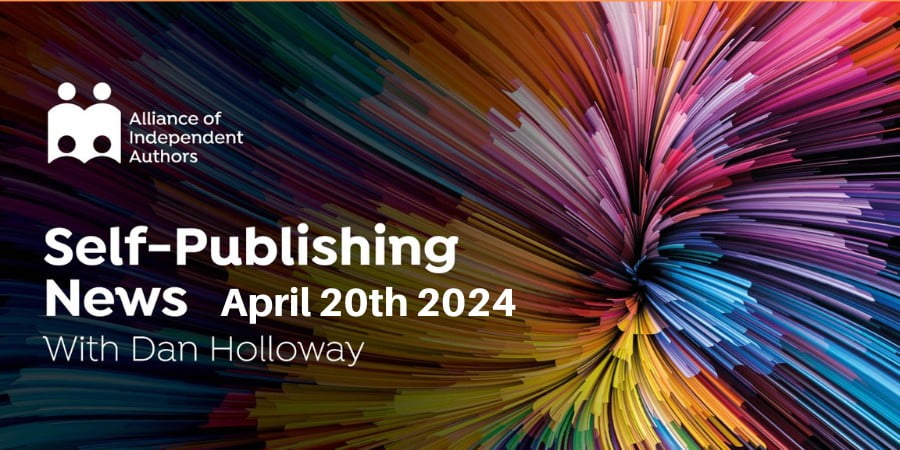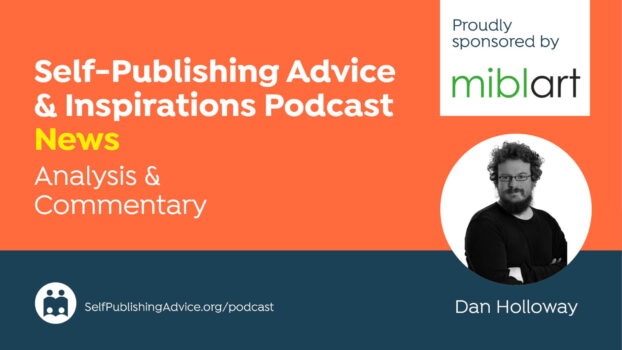
ALLi News Editor, Dan Holloway
We started the week with a huge and very verbose report on two big AI stories. We will end it with a much more succinct round up of some interesting but possibly less high impact stories.
And succinct really is the key word here. At least when it comes to the first story. Because, rather like most writers starting out (and some of us who’ve been at it for decades), ChatGPT has tended to be somewhat prolix, florid, periphrastic, even superfluous in its verbiage.
No more. Apparently.
The latest version of ChatGPT will, according to OpenAI, be less roundabout, more direct, and more conversational in its answers.
Moving on, The Society of Authors’ survey, with its insights into creators’ thoughts on impact from AI, has made headlines this week. But in the past few days we have seen a big statement from one of the writers’ groups whose opinions were not clearly delineated in that survey. Two major bodies representing script writers have issued a joint statement outlining five principles for an ethical framework for the use of AI in script writing.
The principles devised by the Federation of Screenwriters in Europe and the International Affiliation of Writers Guilds are will be familiar to anyone who has followed this issue for any time.
Many of them are the same as creative bodies across our corner of the world. They represent an aspiration about the uniqueness of the human spirit and a pragmatism about the necessity of human survival that feel as though they are, in themselves, an artistic endeavour such as one might find in a nineteenth century novel or opera.
To quote the principles in full from Porter Anderson’s excellent account, the guilds:
- Affirm that only writers create literary material and that large language models (LLMs) or any other present or future forms of artificial intelligence (AI), cannot be used in place of writers
- Work to create mechanisms for obligatory transparency and accountability and to ensure writers are informed if AI generated material is used to write, rewrite, polish or perform any additional writing services
- Advocate for robust licensing mechanisms that require explicit and informed consent for the use of writers’ intellectual property in AI training data with a goal to ensure only intellectual property that has been licensed for such use be included in the datasets of commercialized LLMs, or any other present or future forms of AI
- Ensure that only human beings are entitled to authors’ rights and recognized under copyright law in the context of machine generated material
- Advocate for fair remuneration for the use of writers’ intellectual property in LLMs or any other present or future forms of AI




